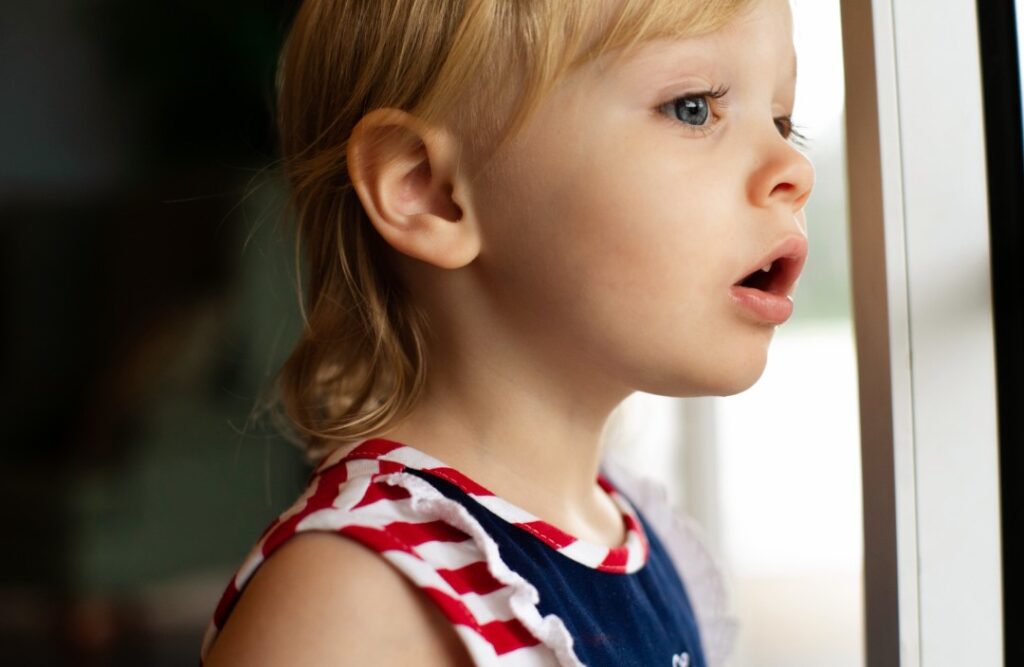We have heard various stories of different behaviours from parents, including those with an autistic child who acts like an animal.
With that in mind we thought it would be an idea to dive into this unique preference and see what it’s all about.
Animal noises and autism
Parents in our position can witness many different behaviours. These can range from kids putting things in their mouths, jumping, running or screaming.
One of the most puzzling is when our children start copying animals and then don’t stop.
Noises can also extend to mimicking behaviours like walking on all fours.
Perhaps it is worthwhile to try and understand the behaviour first, then work out what can be done.
Communication struggles
It’s commonly known that one of the hallmarks of autism is a difficulty with communication.
So with that being the case, many of our autistic children face communication challenges.
Animal noises can be a manifestation of these struggles in that they are a way for them to express themselves when words fail them.
These sounds might serve as a form of self-expression or a way to convey their emotions, needs, or excitement.
Intense Interests
Children with autism can develop intense interests in certain topics. For some it is trains, others sonic and for many it is animals.
With an intense interest in animals possibly mixed in with communication struggles you can see why copying animals may appeal.
If your child loves animals and has learnt their behaviours then it serves to reason they will repeat them.
Imitation
Children, including those with autism, are natural imitators.
They may be imitating sounds they hear in their environment, such as from cartoons, movies, or even pets.
It’s a way for them to connect with their surroundings and have fun.
Repetitive behaviours
Another hallmark of autism is when children (or adults) develop repetitive behaviours. These can be wide ranging but often involve some sort of vocalisation.
An autistic child making animal noises may well have developed into a repetitive behaviour.

How to stop an autistic child from acting like an animal
We often on this site question should you intervene in a child’s repetitive behaviour, and today is no different.
Trying to stop a child from carrying out any behaviour is not a decision to be taken lightly.
You will need to assess how much the child relies on the behaviour for self soothing.
Then consider how disruptive it is and if it is holding back their development.
If you do come to a decision to intervene, here are some things to try.
Observe
Take the time to observe and listen to your child’s animal noises.
Try to understand the context in which they occur and what might be triggering them.
This observation can help you decipher the underlying reasons for the behaviour.
Divert
Having a box of tricks up your sleeve to divert them from the animal behaviour can help.
Depending on your child’s interests, have some of their favourite toys on standby.
If you see them start to mimick animals, you can break this behaviour early by reeling out they favoured toys.
It could be slime, bubbles or anything really but just something which you know will grab their attention.
Find different ways to communicate
Help your child develop alternative means of communication.
This could include teaching them sign language, using picture cards, or introducing a communication device.
By providing alternative methods of expression, you may reduce their reliance on animal noises.
Try to divert the noises to words
Animal sounds are often used during speech therapy to try and tease the first sounds out of children.
Leaning on this idea you can try and mould the sounds into words. “Moo” can become “who”, “baa” can become “na”, ideas like that.
Get professional help
Consider consulting with a speech therapist or a behavior specialist who has experience working with autistic children.
They can provide valuable insights and tailored strategies to address your child’s specific communication needs.
Be patient
Behaviours come and go for autistic children but sometimes it takes time.
Remember that making animal noises is not a behaviour your child can simply switch off.
It’s a part of their unique way of experiencing the world.
Be patient, empathetic, and supportive as they navigate their feelings and communication challenges.
Reward good progress
If you manage to make progress with your child, make sure you acknowledge it.
Say for example they start acting like a monkey but then stop, provide them necessary praise.
Summary – Autistic child who acts like an animal
Understanding why an autistic child acts like an animal is essential for their overall well-being.
By acknowledging the reasons behind this behaviour and taking proactive steps you can make progress.
The goal is to help your child thrive while embracing their individuality.
Remember, your love, patience, and understanding are your most valuable tools in this journey of nurturing your unique child.

